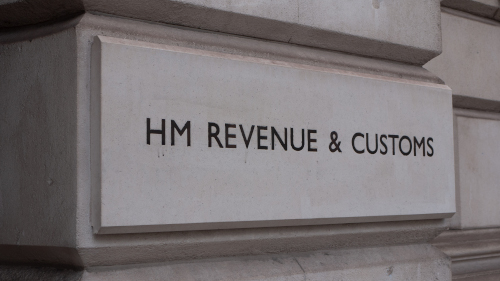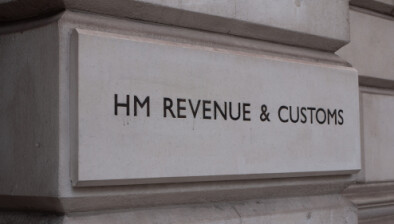New rules to link savings accounts to NI numbers to allow automated taxation

Chancellor Rachel Reeves has authorised new rules requiring banks to collect National Insurance (NI) numbers from customers with savings accounts.
This measure aims to help HM Revenue & Customs (HMRC) more effectively identify and tax savers who earn interest above their personal savings allowance.
Starting in April 2027, banks and building societies will be mandated to obtain NI numbers from all new and existing savings account holders. This change, which will not apply to current accounts, will allow HMRC to automate the process of collecting tax on savings. For many, this will mean tax is deducted directly from their pay, removing the need to complete a self-assessment tax return.
The UK government says it has introduced this measure because a significant amount of the interest data it currently receives from banks – as much as 20 per cent – is “unreadable”. This prevents the automatic collection of tax owed. This year, approximately 2.64 million savers are expected to be billed for tax on their savings income.
For context, basic-rate taxpayers can earn up to £1,000 in savings interest tax-free each year, while higher-rate taxpayers have a £500 allowance. Additional-rate taxpayers have no personal savings allowance.
The UK government has admitted the changes will involve “significant costs”, estimated at £35 million for HMRC. Banks have warned the implementation could cost them up to £10m each and take several years.
The policy has also raised privacy concerns. Sir David Davis, a former Conservative cabinet minister, criticised the move, stating: “The state is becoming more and more intrusive. The most intrusive part is HMRC.”
An HMRC spokesman said: “These reforms will make it easier for customers to get their tax right first time.”





